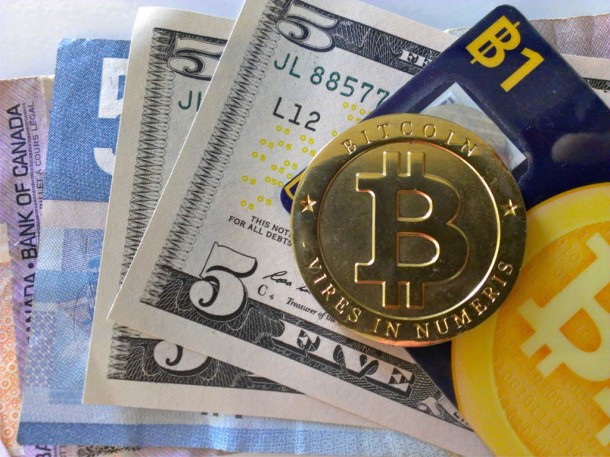
BitPay, a rapidly growing Bitcoin merchant processor, thinks that it can have one million merchants accepting Bitcoin by 2016. This is according to an interview with the company’s VP of Marketing, Stephanie Wargo, on October 16th.
BitPay is looking to meet its ambitious 2016 target by rigorous marketing. It’s already underway, with sponsorship of St. Petersburg Bowl set to take place on December 26th: the winner will take home $500,000 worth of Bitcoin (or 1301.67 Bitcoin, at its current exchange rate).
On October 15, authorities in Victoria, Australia, confiscated millions of dollars of Bitcoin alleged to be payments for illegal drugs. Even though Bitcoin’s popularity has been growing in Australia, there are fears that it also offers an easy channel for criminals to conduct their business without the knowledge of the law enforcers. This case once again brings to the forefront the challenges that Bitcoin faces globally as a conduit for illicit payments, the greatest of which was the Silk Road incident.
What is Bitcoin?
Bitcoin is the world’s most popular cryptocurrency (though alternatively known as a virtual currency/digital currency), and was established five years ago. Unlike government issued currency, Bitcoin is not under the control of any central authority.
Most commonly, Bitcoin is used as an alternative to traditional currencies – such as the dollar and the euro – in online-based transactions. Bitcoin has continually grown in global recognition, and is a major subject of debate among players in the financial system.
Why should we care about it?
Bitcoin has roused positive and negative sentiments in equal measure. As the greatest challenge to the mainstream financial system model in recent history, Bitcoin has been a pet subject in the global financial sector, especially because of its rapid uptake by people around the world.
Bitcoin has already proven that it is more than a passing technological fad, especially after surviving hostile and oftentimes intolerant reactions from many governments. Moreover, the currency has survived many potentially crippling scandals. It is quite evident that Bitcoin is here to stay. Consequently, ignoring its existence and potential impact on global finance, now and in future, is no longer an option.
Common Bitcoin myths
A common myth about Bitcoin is that it is just like other virtual currencies. But Bitcoin is not centrally controlled, and the inventor has no sway on its existence or supply levels. This is not the case with other virtual currencies (like Linden Dollars, for instance).
Another myth is that Bitcoin is just a problematic parallel currency. This is clearly not entirely true: Bitcoin lacks centralized control, has predictable supply, and more importantly, is not debt-based. Instead of a parallel to traditional currencies, it is a disruptive alternative.
Finally, it is often said that the maximum number of Bitcoins will at one point not be enough. This misrepresents the virtual currency’s true nature. As Bitcoins increase in value, users can choose to deal in fractions of one coin. Considering that one Bitcoin can split into 100 million units, this claim is unjustified and there are over 2 quadrillion possible units of the Bitcoin currency.
Considering its ubiquity in recent press coverage and importance beyond those who are trading the forex market, the lack of common understanding about Bitcoin’s true nature is surprising. More and more Bitcoin copycats are appearing online all the time and as Bitcoin’s legitimacy grows, so does its importance to the markets. To continue misunderstanding Bitcoin’s nature would be foolish.
Spread bets and CFDs are leveraged products and can result in losses that exceed your deposits. The value of shares, ETFs and ETCs bought through a stockbroking account can fall as well as rise, which could mean getting back less than you originally put in.
This information has been prepared by IG, a trading name of IG Markets Limited. The material on this page does not contain a record of our trading prices, or an offer of, or solicitation for, a transaction in any financial instrument. IG accepts no responsibility for any use that may be made of these comments and for any consequences that result. No representation or warranty is given as to the accuracy or completeness of this information. Consequently any person acting on it does so entirely at their own risk. Any research provided does not have regard to the specific investment objectives, financial situation and needs of any specific person who may receive it. It has not been prepared in accordance with legal requirements designed to promote the independence of investment research and as such is considered to be a marketing communication. Although we are not specifically constrained from dealing ahead of our recommendations we do not seek to take advantage of them before they are provided to our clients.
Photograph by Zach Copley

